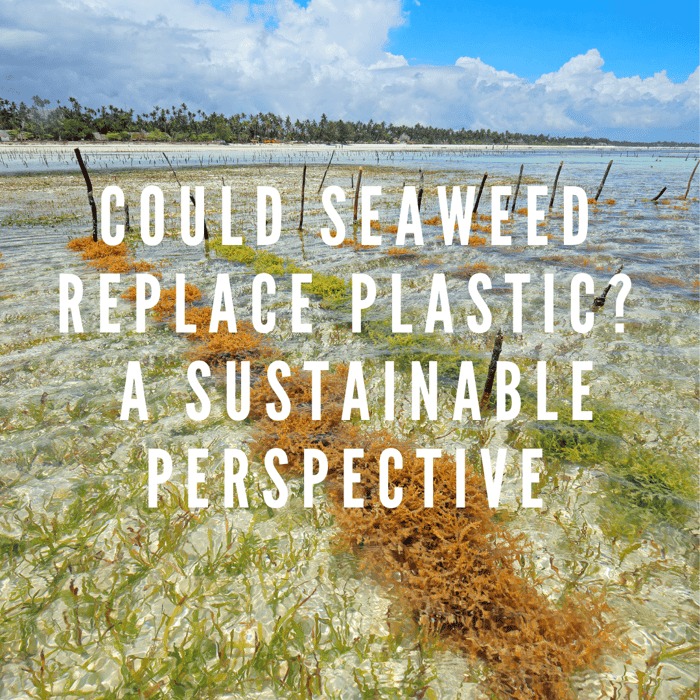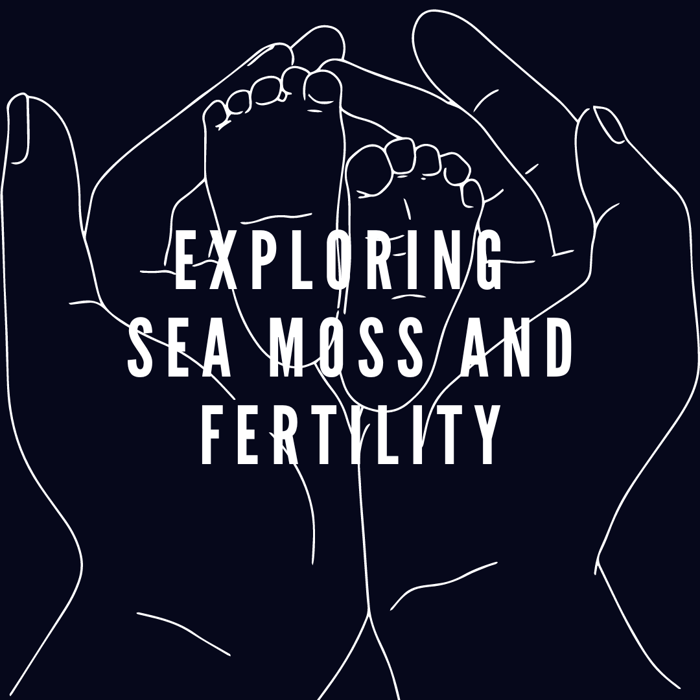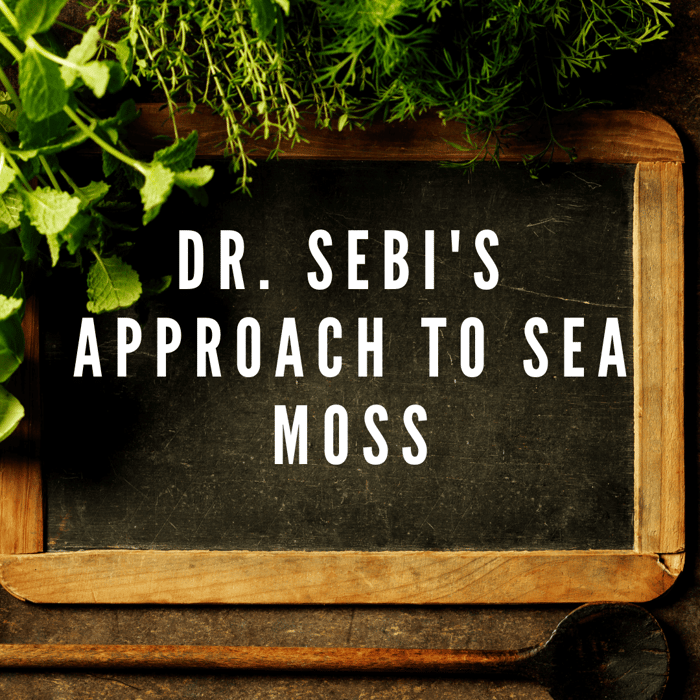Table of Contents
- Introduction
- Understanding the Plastic Problem
- The Potential of Seaweed
- Seaweed as a Replacement for Plastic
- Challenges and Limitations
- Case Studies
- Future Prospects and Implications
- Conclusion
Article Summary
| Topic | Summary |
|---|---|
| Understanding the Plastic Problem | Plastic, while widely used, poses significant environmental and health problems. Global initiatives are underway to reduce its use. |
| The Potential of Seaweed | Seaweed, also known as sea moss, has unique properties that make it a potential sustainable alternative to plastic. It is used in various cultures and industries, including in sea moss gels. |
| Seaweed as a Replacement for Plastic | Scientific research and existing products suggest that seaweed could replace plastic in terms of functionality, cost, and environmental impact. |
| Challenges and Limitations | Transitioning from plastic to seaweed presents certain challenges and limitations, but potential solutions exist. |
| Case Studies | Some companies and regions have successfully used seaweed as a plastic substitute, providing valuable insights and lessons. |
| Future Prospects and Implications | The use of seaweed as a plastic substitute is expected to increase, with potential impacts on various industries and the environment. |
Introduction
The world is grappling with a plastic problem. Plastic, a material once hailed as a symbol of modern convenience, has become a global environmental crisis. In this article, we explore the potential of seaweed as a sustainable alternative to plastic. We delve into the environmental impact of plastic, the unique properties of seaweed, and the potential challenges and opportunities in making the switch.
Understanding the Plastic Problem
Plastic is made from fossil fuels, a non-renewable resource. Its durability and versatility have made it a staple in almost every aspect of our lives. However, these same properties make it a significant environmental problem. Plastic takes hundreds of years to degrade, and in the process, it releases harmful chemicals into the environment.
"Plastic pollution is one of the most pressing environmental issues of our time."
Plastic pollution affects land, water, and air, and poses serious health risks to humans and wildlife. It is estimated that by 2050, there will be more plastic in the ocean than fish. In response to this crisis, global initiatives are underway to reduce plastic use and promote sustainable alternatives.
The Potential of Seaweed
Seaweed, also known as sea moss, is a type of marine algae that grows abundantly in the world's oceans. It has unique properties that make it a potential sustainable alternative to plastic. Seaweed is biodegradable, renewable, and can be harvested without damaging the environment. In fact, seaweed farming can actually benefit the environment by absorbing carbon dioxide and providing habitat for marine life.
Seaweed is used in various cultures and industries. In the culinary world, it is a staple in many Asian cuisines. In the health and wellness industry, it is used in products like sea moss gels, which are endorsed by celebrities for their health benefits. Seaweed is also used in agriculture, cosmetics, and biofuel production.
Seaweed as a Replacement for Plastic
Seaweed holds immense potential as a plastic substitute. Its unique properties, such as its biodegradability and renewability, make it a promising alternative. Moreover, seaweed-based materials can mimic the versatility and durability of plastic, making them suitable for a wide range of applications.
Scientific research and existing products have demonstrated the feasibility of using seaweed-based materials. For instance, companies have developed seaweed-based packaging, utensils, and even building materials. These products perform comparably to their plastic counterparts, but without the environmental harm.
| Material | Functionality | Cost | Environmental Impact |
|---|---|---|---|
| Plastic | High | Low | Negative |
| Seaweed-based material | High | Variable | Positive |
While the cost of seaweed-based materials can be higher than plastic, this is offset by their environmental benefits. Moreover, as production scales up and technology improves, the cost is expected to decrease.
Challenges and Limitations
Transitioning from plastic to seaweed is not without challenges. One of the main hurdles is scaling up production to meet global demand. Seaweed farming practices need to be sustainable and efficient to ensure a steady supply of raw material.
Another challenge is the current lack of infrastructure for processing and manufacturing seaweed-based materials. This requires significant investment and technological innovation. Moreover, consumer acceptance and regulatory approval are also crucial for the widespread adoption of seaweed-based products.
"Overcoming these challenges requires concerted efforts from governments, businesses, and consumers."
Case Studies
Despite these challenges, some companies and regions have successfully used seaweed as a plastic substitute. For example, a startup in Bali has developed a seaweed-based alternative to plastic bags, while a company in the UK is producing biodegradable seaweed-based packaging for food products.
These case studies demonstrate the feasibility and effectiveness of using seaweed as a plastic substitute. They provide valuable insights and lessons for other businesses and regions looking to make the switch.
Future Prospects and Implications
The use of seaweed as a plastic substitute is expected to increase in the coming years. This trend is driven by growing environmental awareness, technological advancements, and supportive policies.
The implications of this shift are far-reaching. It could significantly reduce plastic pollution, mitigate climate change, and create new economic opportunities. However, it also requires changes in production, consumption, and waste management practices.
Policy implications include the need for regulations to ensure the sustainability of seaweed farming and the safety and quality of seaweed-based products. Governments also need to provide incentives for businesses to invest in seaweed-based technologies and infrastructure.
Conclusion
Seaweed holds great promise as a sustainable alternative to plastic. While challenges exist, they are not insurmountable. With the right policies, technologies, and consumer support, seaweed could play a major role in solving the global plastic problem.
At Millie's Moss, we are committed to promoting sustainable alternatives like seaweed. Check out our bundles for a taste of the future.
 is here! Shop now, pay later in 4 easy installments
is here! Shop now, pay later in 4 easy installments



